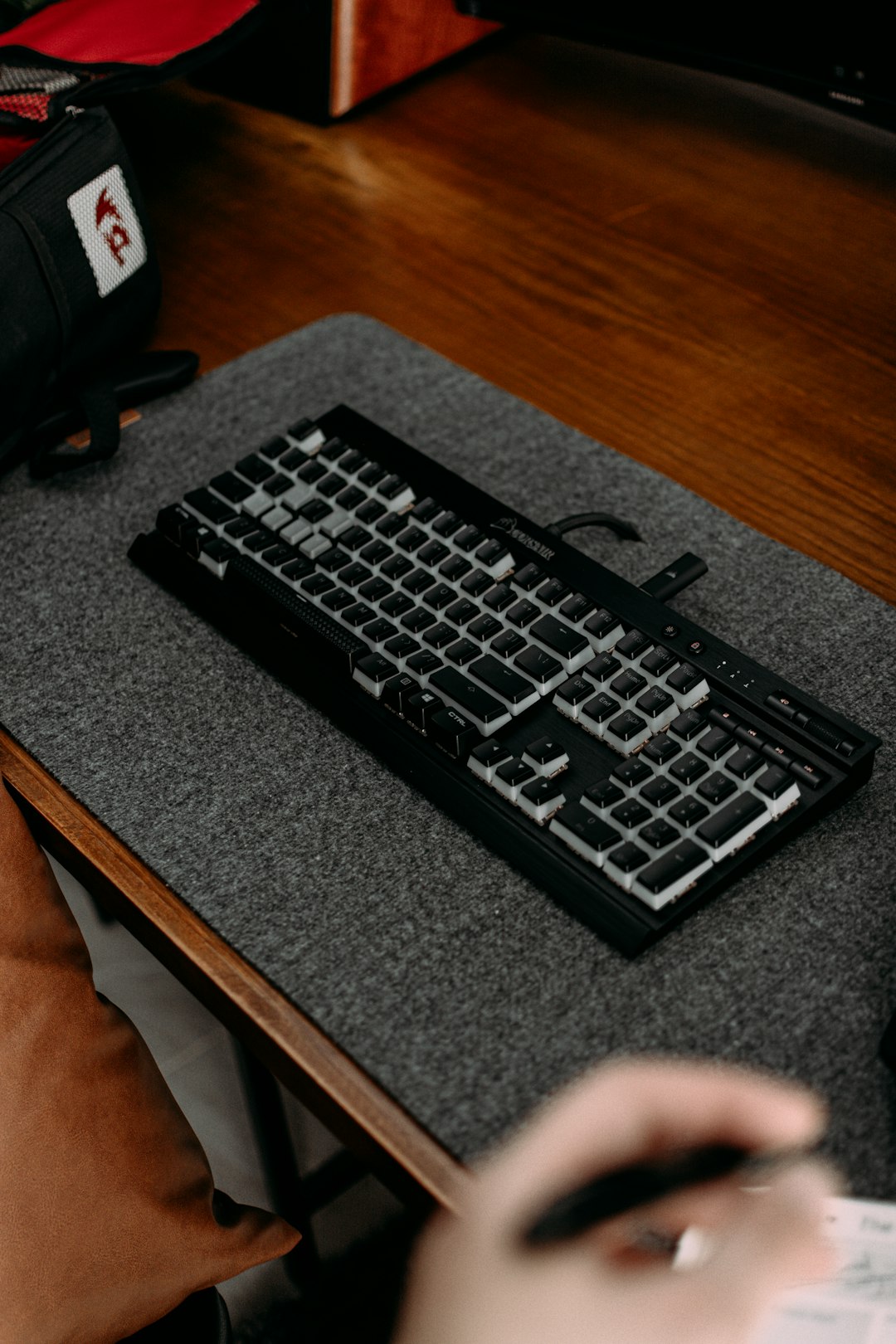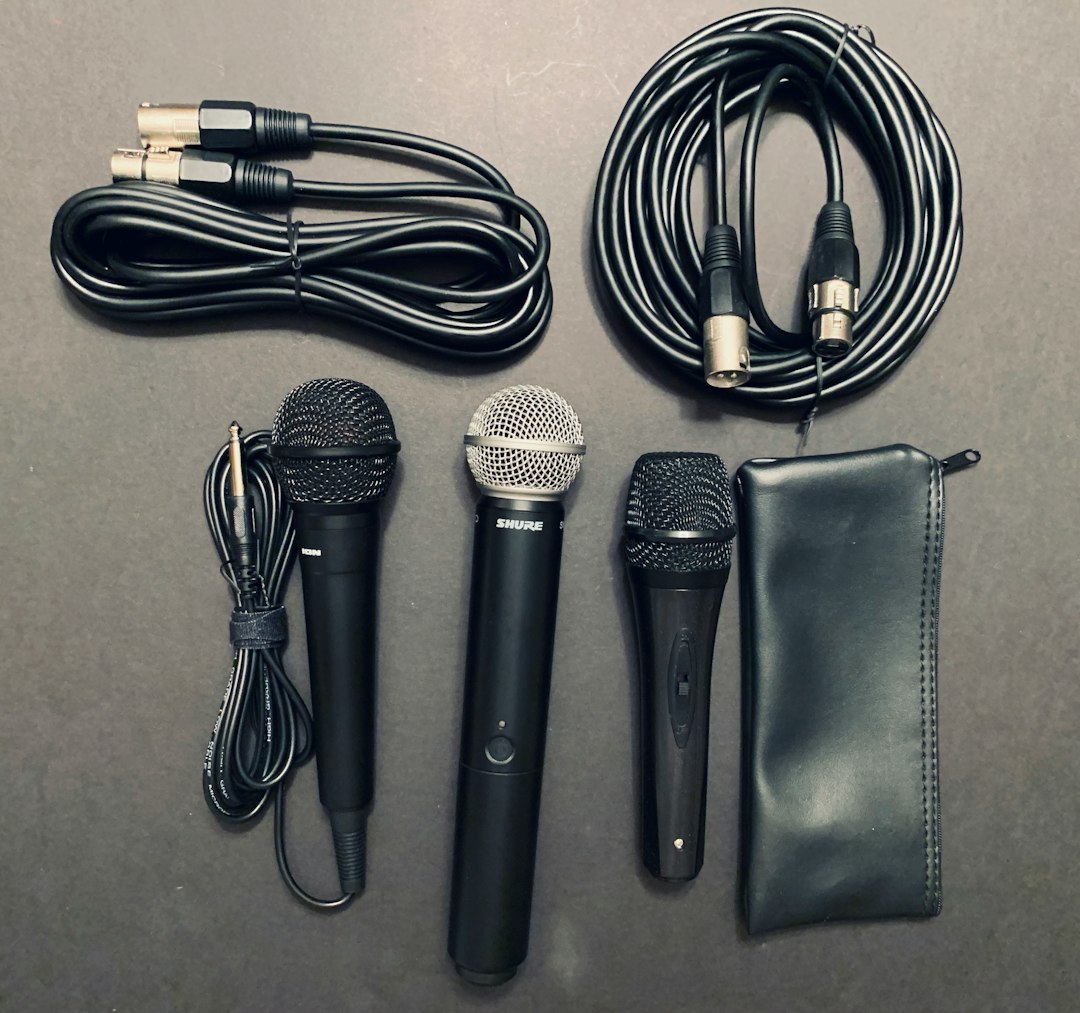For any DJ, the quality of the sound can make or break a performance. When performing in small venues such as bars, lounges, private rooms, or intimate event spaces, the selection of DJ speakers becomes even more crucial. Unlike large venues, where massive power and heavy subwoofers take center stage, small places demand smart, compact, and efficient sound solutions. Choosing the right speakers for such settings involves balancing power, portability, clarity, and versatility.
Understanding the Venue Requirements
Before investing in DJ speakers, it’s essential to assess the venue. Small venues typically accommodate fewer than 150 people and range in size from 500 to 1500 square feet. Knowing the acoustics, ceiling height, and wall materials helps in selecting the appropriate speaker size and type.
Key questions to ask include:
- How many people will usually be in the space?
- Is the room carpeted or tiled?
- What are the ceiling heights and wall materials?
- Is it indoors or an open-air space?
Each of these elements affects how sound travels and how much power is needed from your gear.

Powered vs Passive Speakers
DJ speakers fall into two main categories: powered (active) and passive. Powered speakers are self-contained units that have built-in amplifiers, while passive speakers require an external amplifier to function.
For small venues, powered speakers are generally preferred because they simplify setup, reduce the need for external gear, and give more control through built-in EQs and volume settings. They are plug-and-play, ideal for mobile DJs and quick setups. Passive speakers, on the other hand, might be more lightweight but often result in a more complex system setup.
Key Features to Consider
Choosing the right DJ speakers means looking beyond just wattage and brand name. Here are the main features to take into account:
1. Power Output (Wattage)
For small venues, a power output between 300 to 1000 watts per speaker is generally sufficient. It provides enough volume without overwhelming guests or distorting sound at higher levels.
2. Frequency Response
A range close to 20Hz to 20kHz ensures that all sound frequencies—lows, mids, and highs—are represented clearly. For better bass response, look for speakers that reach lower frequencies around 40Hz or pair them with a small subwoofer.
3. Portability and Size
In small venues, space is limited. Choosing lightweight, compact speakers (8 to 12 inches) makes transport and setup easier without sacrificing too much sound coverage.
4. Connectivity
Look for speakers with multiple input options such as XLR, 1/4″ TRS, and RCA. Bluetooth functionality can also be a bonus for background music before or after live sets.
5. Build Quality
Durability matters, especially for mobile DJs. A strong cabinet (wooden for warmth or molded plastic for durability) and strong grille protection can extend the life of your gear significantly.

Top Speaker Choices for Small Venues
Here are a few models that are commonly recommended by professionals for their performance in tight venues:
- Yamaha DXR10 mkII – Offers a clean, punchy sound in a lightweight enclosure. Ideal for portability with excellent EQ options.
- QSC K10.2 – A favorite in many circles. Delivers detailed highs and deep lows, with DSP settings suited for room size.
- JBL EON610 – Affordable, great for small gigs with decent low-end for a speaker its size.
- EV ZLX-12P – Surprisingly loud and clear for its price, perfect for DJing at parties, lounges, and small club events.
Pairing these with a compact subwoofer like the QSC KS112 or Yamaha DXS12 mkII can enhance the low-end, especially in bass-heavy sets.
Acoustic Considerations
Sound behaves differently depending on room shape and material. In small venues, reflected sound from hard walls can create muddiness or echoes. Portable acoustic panels or speaker isolation pads can help direct sound to the audience and minimize unwanted bounce-back.
Additionally, speaker placement plays a significant role in sound clarity. Elevating speakers on tripod stands and angling them slightly downward toward listeners ensures even sound coverage and reduces floor reflections.
Budgeting Smartly
For new DJs or those on a budget, it’s tempting to go for the most affordable option. While there are many good budget-friendly speakers, it’s important not to compromise too much on sound quality and reliability. Spending a bit more on reputable mid-tier options can save headaches during live events and prevent early replacements.
Invest in quality cables, stands, and protective cases as well. These accessories not only ensure longevity but also enhance performance by securing stable connections and optimal speaker height.
Other Considerations
- Expandability: Consider if you’ll want to add more speakers or a sub later on. Choose models that are easy to daisy-chain.
- Brand Support: Opt for brands with good warranties and accessible customer support.
- Hand-on Testing: Whenever possible, test speakers in person. Hearing them in action provides more insight than specs on paper.
Conclusion
Choosing the right DJ speakers for small venues is all about striking the right balance between clarity, portability, and power. With a solid understanding of venue needs and speaker features, DJs can maximize their performance while delivering an enjoyable and immersive experience to their audience—without breaking the bank or their backs.
Take the time to research reputable models, listen to user reviews, and even rent different setups to test what works best for your specific performance style and venue type. When chosen carefully, the right speakers can significantly elevate your performance, reputation, and sound.
Frequently Asked Questions
-
Q: How much wattage do I need for a small venue?
A: Generally, 300 to 1000 watts per speaker will be sufficient for most small venues holding under 150 people. -
Q: Should I use a subwoofer in small venues?
A: Yes, if you play bass-heavy music, a compact subwoofer can help reproduce lower frequencies more effectively without overwhelming the space. -
Q: Are 10-inch speakers enough for a DJ setup?
A: Yes, especially for smaller rooms. High-quality 10-inch powered speakers can deliver great sound with plenty of volume. -
Q: Can I use Bluetooth speakers for a DJ gig?
A: While convenient, Bluetooth speakers often suffer from latency and less reliable connections, making them unsuitable for live DJ performances. -
Q: What’s the difference between RMS and peak power?
A: RMS refers to the continuous power a speaker can handle, while peak power is the maximum it can handle for short bursts. RMS is the more reliable number for gauging performance.











